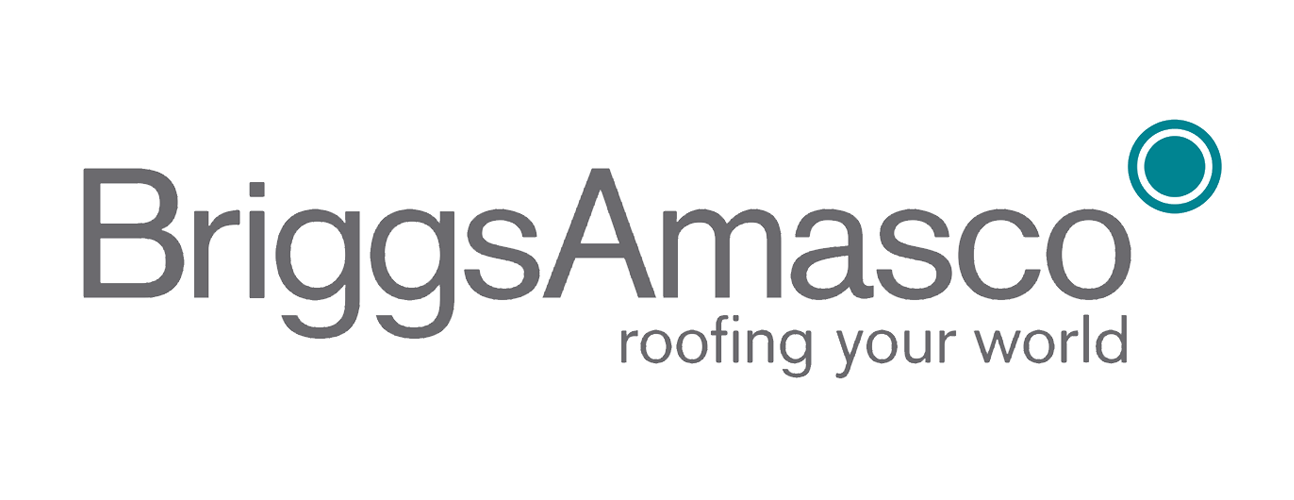‘Inspire Inclusion’ is the theme of this year’s International Women’s Day on March 8th. The campaign is advocating inclusivity as a means of instilling women with a sense of belonging, relevance and empowerment.
Its stance is fully-supported by BriggsAmasco, a commercial roofing and waterproofing specialist committed to ensuring a fair and inclusive workplace for all. The company employs a number of women in key roles – previously held by men – throughout the business. These are not limited to administrative or supportive positions. Hence, roles including Technical Manager, Area Safety Adviser, and Supply Chain Manager require female employees to display a high degree of negotiation and leadership skills onsite and with a variety of internal and external stakeholders.
Janice Johnson, BriggsAmasco Supply Chain and Sustainability Manager, said women in senior company roles were respected for their opinions and for their influence on business operations. Explaining the need to encourage more females to embark on a career in construction, she said: “Women have an ability to see things from various angles but also remain focussed on the needs of the business. Any industry or business that is dominated by either male or female is going to suffer by not having the natural skills and talents of both sexes to benefit it. Bringing men and women together in collaboration will help any business reach its optimum.”
As reported via constructionnews.co.uk in October 2023, women account for a higher proportion of the UK construction workforce than at any time since official records began. In April to June 2023, Office for National Statistics (ONS) showed the construction workforce was 15.8% female, representing a 1.2% increase on the previous quarter. This relatively higher figure is reportedly attributed to a decrease in the number of men working in the industry. In 2023 Q2, about 1.8 million men were employed in construction, 200,000 fewer than 2020 Q1.
Janice Johnson said doors were opening for women to continue to populate the building industry in increasing number, but more was needed to be done to promote the opportunities available to them. “Construction will always lean towards being a male industry,” she said. “However, in many cases, being female is no longer a barrier to joining the sector. The biggest challenge is getting women to want to join the industry in the first place and this needs to take place when careers are being discussed at school. This applies to construction and all trades, whether male or female.”
Janice began her BriggsAmasco career in 1994. She said in the intervening 30 years, the workplace culture had progressed markedly in terms of becoming a more equal and inclusive environment. “When I first joined the company, it was difficult to find safety boots in my size – now there’s a huge variety of suitable PPE available for women and to me, that demonstrates practical progression.”
According to Janice, role models – fictional or otherwise – also had a part to play in inspiring women to continue to defy gender stereotypes and join the construction industry. “We should be promoting Betty the Builder, as well as Bob the Builder,” she said.
For more information on International Women’s Day and how to get involved, visit: internationalwomensday.com

